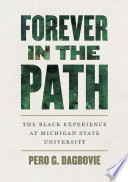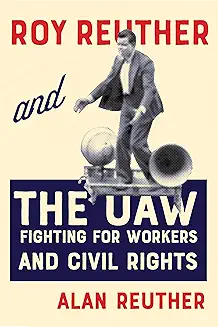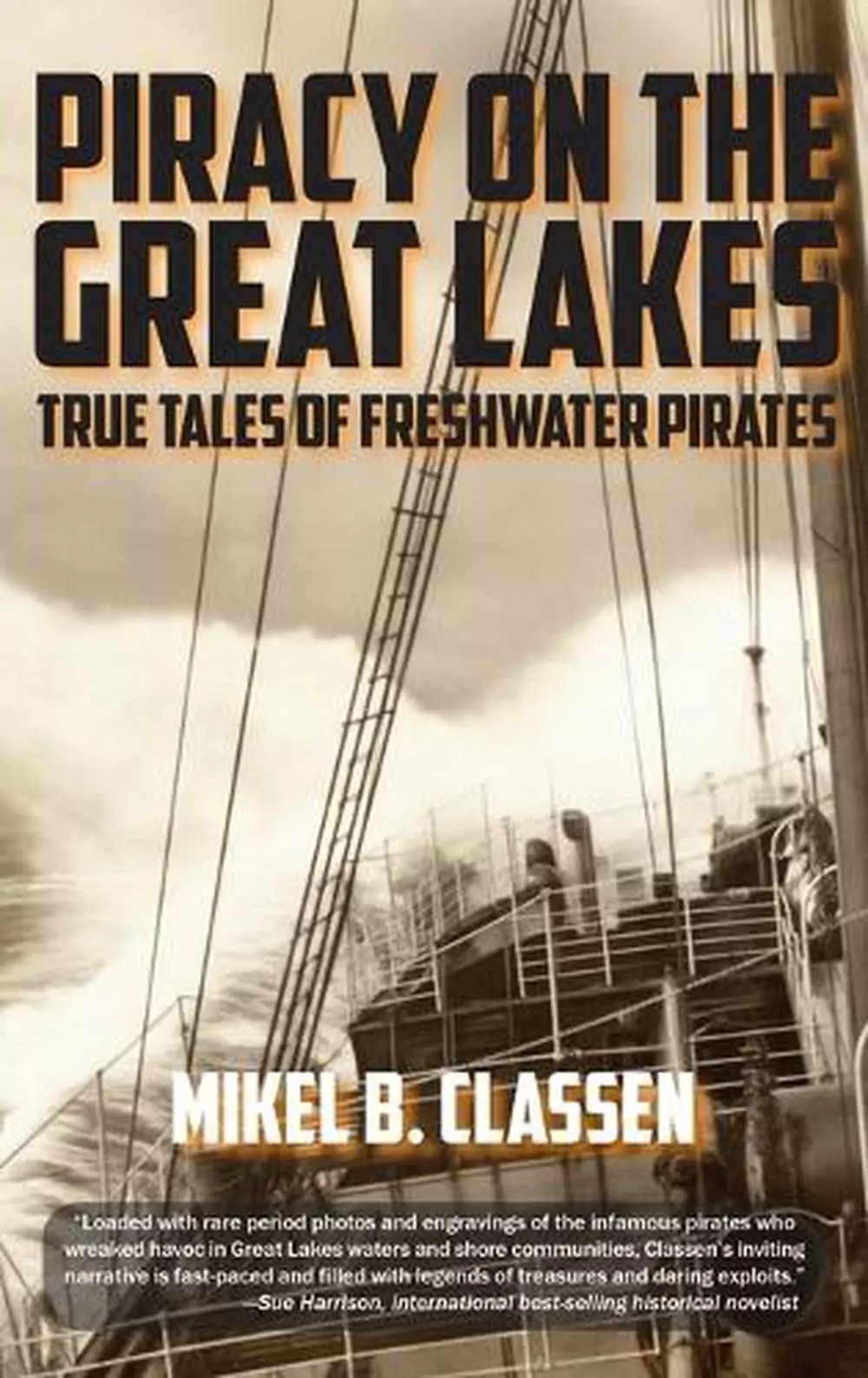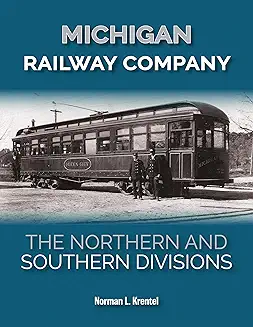FAIRWELL
For a variety of reasons Michigan in Books will cease publication when all review copies currently on hand have been read and reviewed. I would like to thank all the publishers and authors who have sent review copies over the past nine years and made this blog possible.
REVIEWS
Wrecked: The Edmund Fitzgerald and the Sinking of the American Economy by Thomas M. Nelson with Jerald Podair
The sinking of the Edmund Fitzgerald was only fifty years ago but it is already inseparable from the lore and legend of the Great Lakes. And most of us who think we know the story of its demise are shockingly misinformed. The book's preface hit me like a bucket of icy Lake Superior water thrown in my face. I had no idea that Fitzgerald steamed from its last port of call and into the storm of the century so poorly maintained, managed and equipped. The Queen of the Lakes left port with non-working radar or weather beacons, outdated meteorological systems, and no depth finder. The above is just from the preface and only hints at what seems like criminal conduct is the loss the boat and the crew.
By almost all accounts the Coast Guard hearing following the loss of the Fitzgerald was plainly aimed at protecting the shipping industry, the government, and the Fitzgerald's owner from any legal responsibility. The hearings concluded that the boat sank due to its hatch covers. The finds were seriously discredited to the point that Gordon Lighfoot changed one line of his memorable and moving song about the Fitzgerald. It turns out that a witness that would have disputed the hatch cover conclusion was not allowed to testify. It latter came to light that there were questions concerning possible engineering problems with the design of the boat which made the aft end of the Fitzgerald wiggle back and forth and the owners of the company hid the fact that "Fitzgerald was riddled with cracked vertebrae up and down it's keel." Captain McSorley knew what he commanded. When told the keel was loose again replied, " I don't give a f___. All this son of a bitch has got to do is stay together one more year. After that I don't give a s___ what happens to it." The author notes it took 11 years to implement the modest safety measures suggested after the Fitzgerald went down. The book also succeeds in connecting the sinking of the Fitzgerald with the economic and social fragmentation and decline of this country's manufacturing base, unions, and respect for workers' safety and even lively hood
Ever other page in this extraordinary book is a revelation. The sad and awful truth is 29 men didn't have to die on Lake Superior that November day in 1975. In the preface the author writes, "Incredibly, there are few books that truly tell a story worthy of the great iron ore ship's legend. Why? This question has overshadowed this project; I still don't have an answer." For what my opinion is worth, this is an addition to those few books worthy Fitzgerald and her crew.
Wrecked: The Edmund Fitzgerald and the Sinking of the American Economy by Thomas M. Nelson with Jerald Podair. Michigan State University Press, 2025, 202p., $29.95.
Dead Moose on Isle Royale; Off Trail with the Citizen Scientists of the Wolf-Moose Project by Jeffrey M. Holden
The Isle Royale wolf-moose predator-prey study is the world's longest and most famous study of its kind. It has spawned numerous research papers and a shelf full of books over the past seven decades and yet this book describes an aspect of the wolf-moose project I have never previously encountered. And it is written by a volunteer participant called a citizen scientist.
Each summer volunteers, organized into small groups, come to Isle Royale for a week to count dead moose. The counting is vital to keep the study current and accurate. The volunteers are called citizen scientists because they just don't count the number of dead moose, they determine whether it died of starvation or was killed by wolves. They also cut off the head of the moose and carry it back for examination by scientists conducting the study. If this sounds like fun it is also hard work. The group of volunteers go out into the island for 6 1/2 days. They carry all their food and gear for the week in a backpack that often weights over 50 pounds. They walk off the trails, up and down wooded ridges, through tangled brush, climb over downed trees and average about one mile per hour. Then there's the fun of carrying a moose skull through all this and made even more difficult if the antlers are attached.
The author has searched for dead moose since 2002, in 2005 became a group leader and has led one or more groups every year since. The book is totally absorbing, witty, and brings to life the unique adventures of citizen scientists and the work they do to support the wolf-wolf predator research.
Dead Moose on Esle Royale: Off Trail with the Citizen Scientists of the Wolf-Moose Project by Jeffrey M. Holden. Michigan State University Press, 2025, 189p., $























